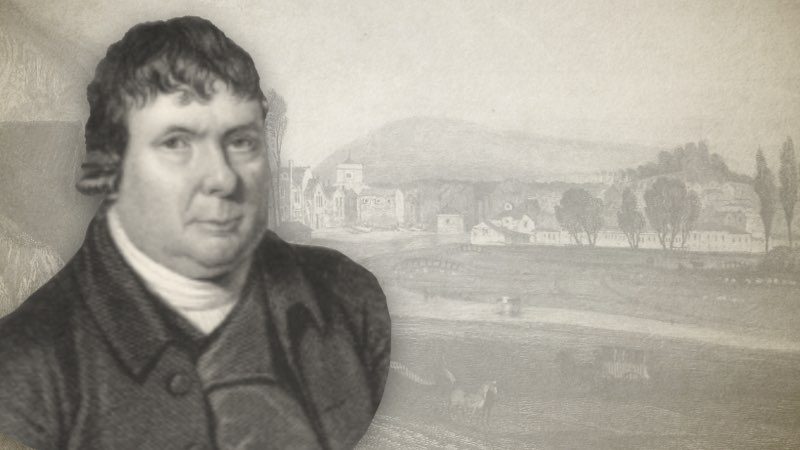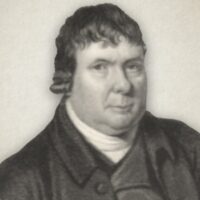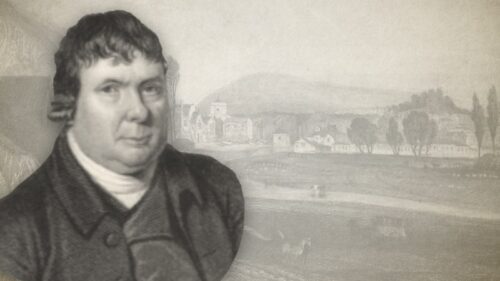
The Child of Liberty in Legal Bondage: Backwardness (9/11)
Which leads me to the 9th head, namely A backwardness and reluctance to all that is good.
The scripture, in many places, speaks against such a soul, who cannot exercise faith on the promises. His heart is shut up, the Bible is a sealed book to him, and therefore it gets out of favour with him. “Repent, and do thy first works,” &c.
The ordinances are a dry breast. He cannot mix faith with the good tidings, and therefore comes with reluctance, rather driven with terror than drawn by love. “I have somewhat against thee; thou hast left thy first love.”
The cheerful countenances of lively saints are rather a grief and trouble to him than otherwise. He cannot help envying them even in the house of God; he looks at them with a jealous eye; and often concludes that he is like Saul, who, when left of God, hated David. “Every sermon I hear,” saith such a soul, “will rise up in judgment against me and occasion my greater damnation.” And, were it not for the strong hand of God upon him, the ways of Zion would be unoccupied by him. As to Christian conference, it only discovers his nakedness; instead of well set hair, he appears in baldness, and chooses at times to sit solitary, “like a sparrow alone upon the house- top, like a pelican of the wilderness, or an owl of the desert;” yea, he had rather get behind a corner, or cross the street, than meet a child of God who walks in the light of the Lord’s countenance.
Family and closet prayer brings nothing in; he therefore goes with reluctance to it, and performs it with grief, under slavish fear and sensible displeasure; and, not finding nearness of access, nor success, in praying, he is backward to it. “But thou hast not called upon me, O Jacob, and thou hast been weary of me, O Israel.”
His love being chilled, and waxed cold, his heart is shut up to the cause of God, and to the poor and needy of the Lord’s household; he is not a cheerful giver; far from it; and, if covetousness was one of his constitutional sins, it will hover over him again, and cleave to him, though he is ashamed of it; and, as he can get no comfort from his God, nor any with the saints, he is cold and indifferent both to God and to his people. I come now to discover,
William Huntington (1745-1813) was an English Calvinist preacher and prolific writer. His influence spread across the country and denominational lines. John Hazelton wrote of him—
“He published one hundred books, large and small, and once mentions being "weary at night, after having been hard at writing for fifteen hours during the day." Henry Cole wrote of him—‘’It may be asked why in my ministration, such as it is, I make frequent allusion to the ministry of that great and blessed servant of the Most High, the late Mr. Huntington. The reasons are these—1st. Because I believe he bore and left in Britain the greatest and most glorious testimony to the power of God's salvation that ever was borne or left therein. 2nd. Because I believe he planted the noblest vine of a Congregational Church that ever was planted therein; and 3rd. Because I believe the Churches that maintain the vital truths he set forth form a very essential feature in the Church-state of Christ in the land in these times, and perhaps will do so to the time of the coming day of God's retribution."
William Huntington, The Child Of Liberty In Legal Bondage (Complete)




